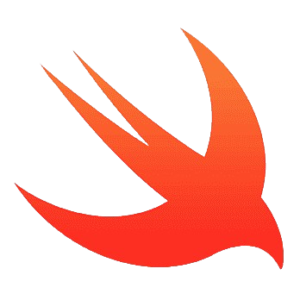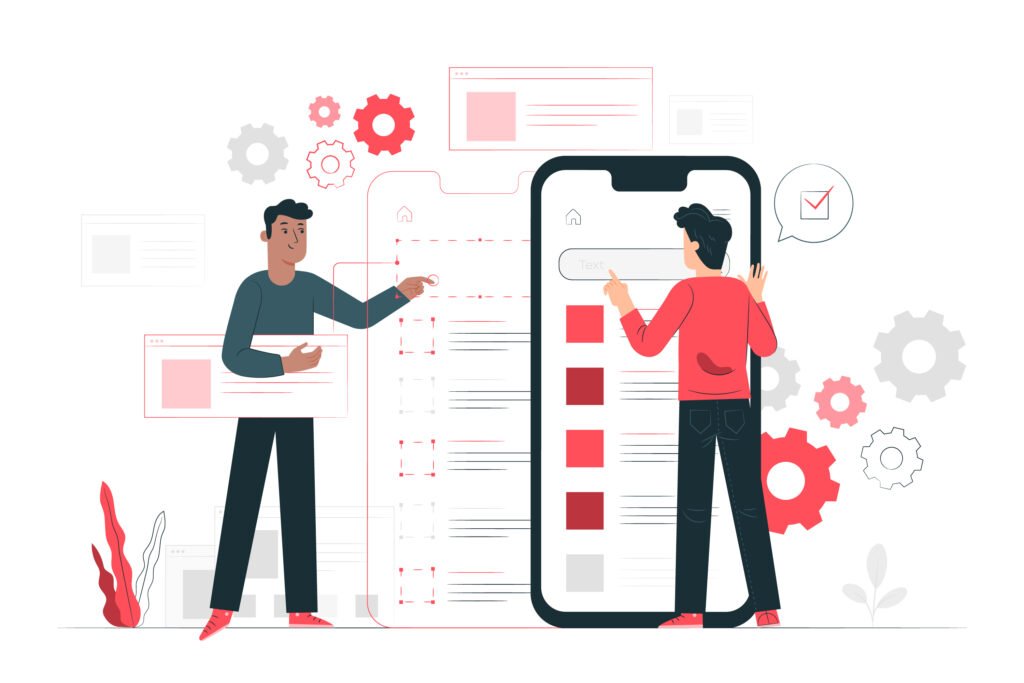

Is Dart hard to learn?
Dart is relatively easy to learn, especially if you have experience with other object-oriented languages like Java or C#.
How does Dart compare to other programming languages?
Dart is fast, concise, and is designed for building high-performance apps. It’s especially popular for mobile app development with Flutter, while other languages like Java or Kotlin are Android-specific.
Can Dart be used for web development?
Yes, Dart can be used to build web apps using the Flutter framework.
Where can I learn Dart for free?
YouTube Tutorial: Flutter Course for Beginners – 37-hour Cross-Platform App Development Tutorial
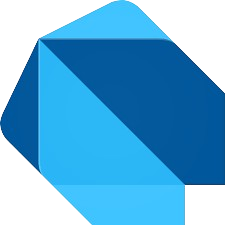
Can I use React Native for web development?
Yes, React Native can be extended to web apps using React Native Web.
How does React Native compare to Flutter?
React Native uses JavaScript and is best suited for developers with web development experience, while Flutter uses Dart and offers better performance in some cases.
Where can I learn React Native for free?
YouTube Tutorial: React Native Course for Beginners in 2024 | Build a Full Stack React Native App
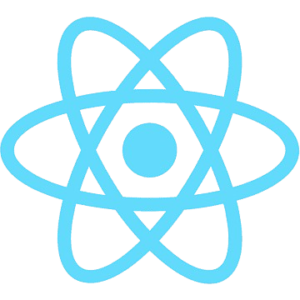
Is Kotlin easier than Java?
Yes, Kotlin simplifies many tasks that Java makes complex, such as null handling and type safety.
Can I use Kotlin for other development?
Yes, Kotlin can also be used for backend development (e.g., with Ktor) and is compatible with Java libraries.
Can I use Java libraries in Kotlin?
Yes, Kotlin is fully interoperable with Java, so Java libraries can be used within Kotlin code.
Where can I learn Kotlin for free?
YouTube Tutorial: Build and Publish an Android App – Full Course with Kotlin
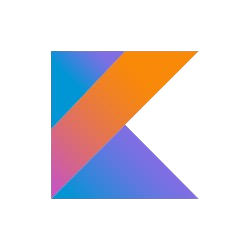
Can I use Swift for Android development?
No, Swift is primarily designed for Apple’s ecosystem (iOS, macOS, etc.).
Is Swift beginner-friendly?
Yes, Swift is considered easy for beginners due to its modern syntax and comprehensive resources.
Why should I use Swift over Objective-C?
Swift is faster, safer, and easier to read than Objective-C, and it has fewer runtime errors.
Where can I learn Swift for free?
YouTube Tutorial: Swift Programming Tutorial | FULL COURSE | Absolute Beginner
